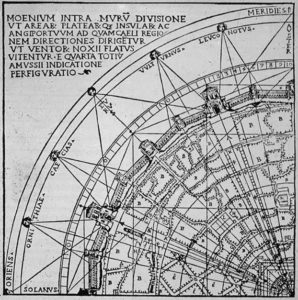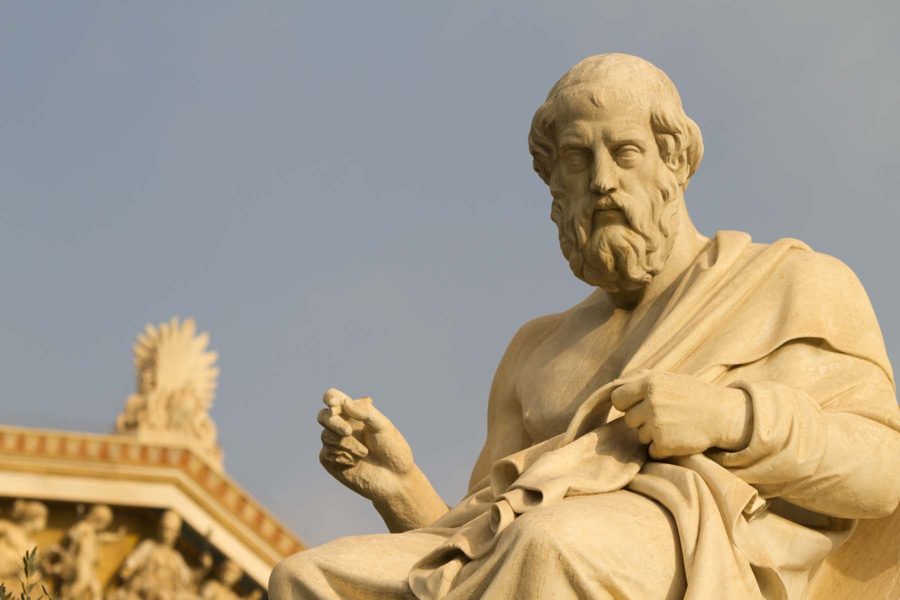Why would we, who study the Fourth Way, look at the ideal state of Plato? His seventh letter describes his observations on government, and the ideal state. But Plato’s ideal state requires philosophers–men and women who are awake to the true spirit of philosophy–to be governed rightly. What is this true spirit?
The True Spirit of Philosophy
In the Fourth Way, different levels of worlds and accompanying hydrogens govern life on earth. The Ray of Creation points to an upward progression of energies for man, from negative emotions to our more true, essential nature. It also points to what are the highest states possible for us.
Truly, we can touch the divine. We can become infused with the “true spirit” of philosophy. Plato’s words resonate across two and a half millennia, especially in these times of confusion and disarray worldwide.
Inner Analogy of the Ideal State of Plato

Unfortunately, those who work on themselves rarely seem to become part of external governments. Yet Plato’s principles apply to our inner state, as well. The city within has many citizens, many I’s. In the Fourth Way, we create a deputy steward who can step forward at times to govern the city. This is not the true ruler, but rather a deputy that can order the energy and resources of our inner life.
Eventually, with work on ourselves, we set up a more orderly inner world. A world wherein we are capable of recognizing the true ruler, who visits in the form of higher states of consciousness. If the city is unruly, these visits are hard to notice, or even impossible. Clearing a space free from the many I’s, who each imagine they rule the city, we begin to awaken. In this porous state of openness, we glimpse the ideal state of Plato. We can live and breath in a world more objectively real. We experience the true spirit of philosophy, and the wondrous freedom it allows.
“The soul is a helpless prisoner, chained hand and foot in the body. It is compelled to view reality not directly, but only through its prison bars. It flounders in utter ignorance. Philosophy takes over the soul in this condition. Philosophy encourages the soul to collect and concentrate itself by itself, trusting nothing but its own independent judgment.” – Plato
